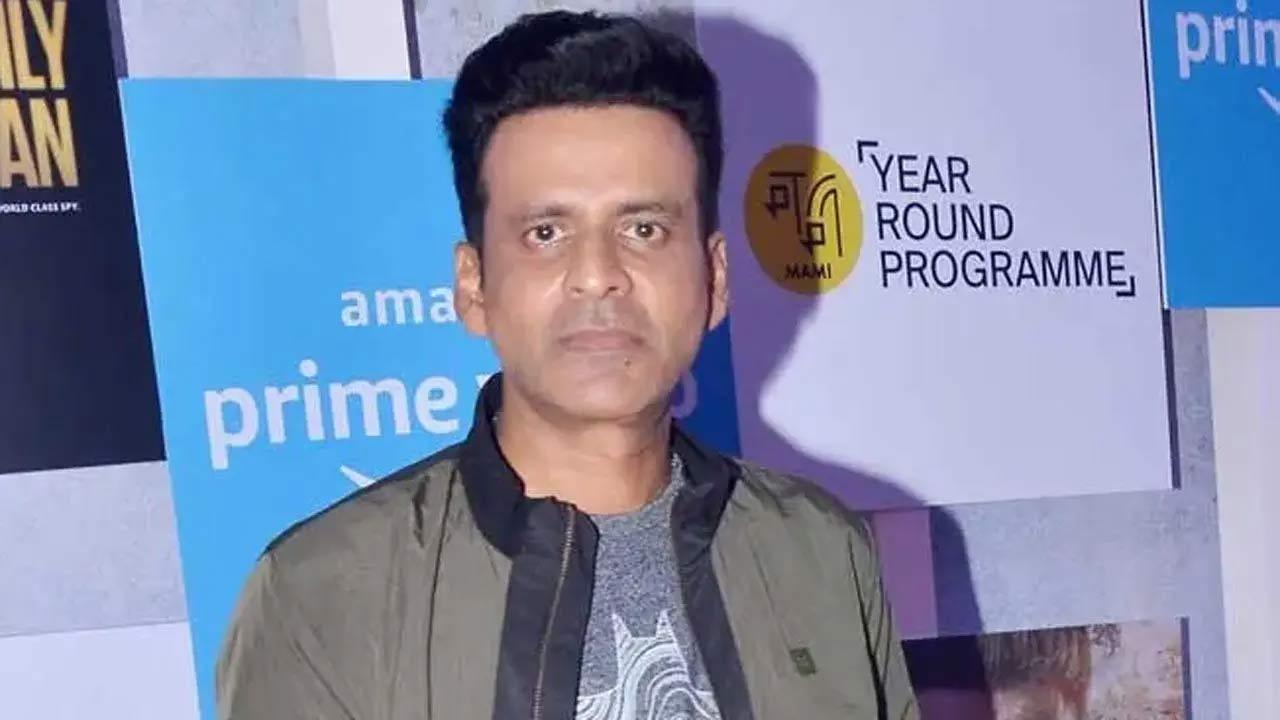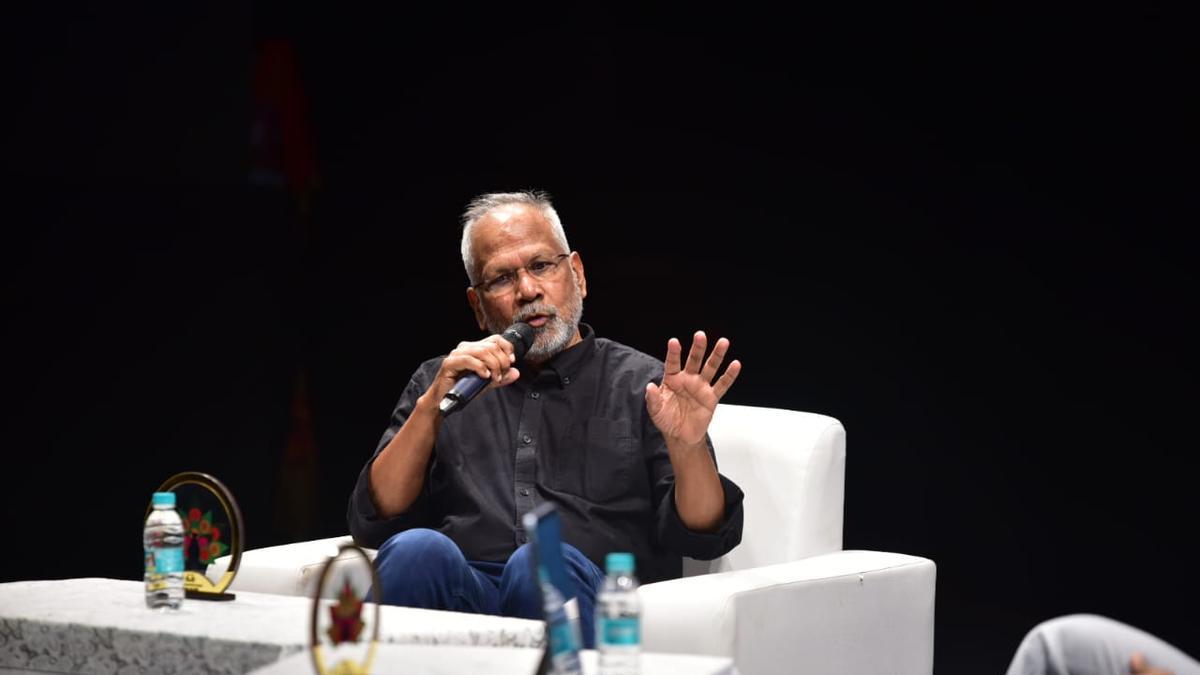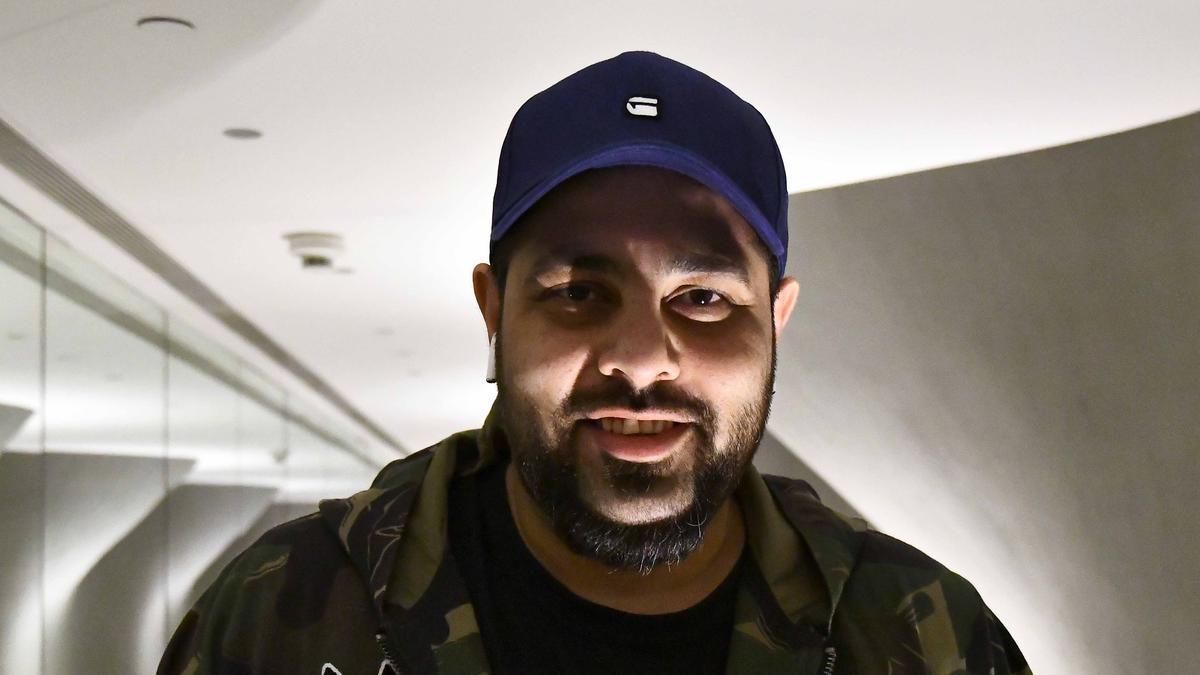
Within the bustling and ever-shifting panorama of Indian cinema, there exists a quiet force that has invariably shaped the contours of contemporary storytelling. Filmmaker Reema Kagti may not make headlines as often as her extroverted counterparts, but her influence alongside that of her friend and colleague Zoya Akhtar has left an indelible imprint on the silver screen.
The director, known for her reticent public persona, delved into her personal and professional life during a recent interview with Mid-day’s Sit With Hitlist. The discussion uncovered the depth of her partnership with Zoya Akhtar. The duo’s creative journey began over two-and-a-half decades ago as assistant directors on Kaizad Gustad’s “Bombay Boys” (1998), propelling them into a fruitful collaboration involving over 10 films and series, and hallmarking them as professional soulmates.
Yet, despite their synergistic work relationship, the two maintain distinct social circles. Reema Kagti embraces her self-described “absolutely anti-social” nature, a stark contrast to Akhtar’s extroverted ways. Kagti explained, “We do have the same gang, when we hang out. But let’s just put it this way: Zoya is extremely social. I’m absolutely anti-social.”
Growing up in Assam and then at a boarding school in Shillong, Meghalaya, Kagti was accustomed to a simpler way of life outside the urban centers. Her background is a tapestry weaved with tales of youthful mischief and supportive but concerned parents. “I used to make my parents’ lives hell. But they were supportive.” This support, however, was initially tested when she unveiled her dreams of filmmaking.
Her father, an engineer turned agricultural entrepreneur who farmed a significant stretch of land “four hours’ drive from China,” held reservations about her career path. He harbored the view of Bollywood from the 1980s and ’90s, a perspective not easily swayed until he witnessed the art of cinema through the eyes of his daughter’s work as an assistant director on the critically acclaimed film “Lagaan.” This was the moment his skepticism gave way to approval.
Kagti’s narrative is not just one of seeking parental approval but also of maintaining a profound connection to her native Assam. “You can’t really outgrow your roots,” she affirmed, finding comfort in the cuisine and a sense of home in the presence of her Assamese cook.
Her journey to Mumbai for college education led her to Sophia College and then to a course in social communications at Sophia Polytechnic. It was here that fate orchestrated her meeting with Zoya Akhtar. A shared affection for cinema and an undeniable creative alignment fueled their initial collaborations on small projects, eventually growing to build a commendable filmography.
Despite her anti-social tendencies, Reema Kagti’s talent and dedication speak volumes, reaching audiences far and wide. Her nuanced understanding of characters and storytelling continues to challenge the status quo of Indian cinema, offering a silent testament to an art form that transcends the need for personal publicity.
As she recounted the trajectory that led her to where she is today, Kagti left a message for all those walking the creative road less traveled. Whilst ruminating on the past is inevitable, it’s the lessons learned and the ties that bind us to our homeland that feed the soul of true artistry. Such is the story of Reema Kagti, quietly crafting her lore into the annals of cinematic history.










